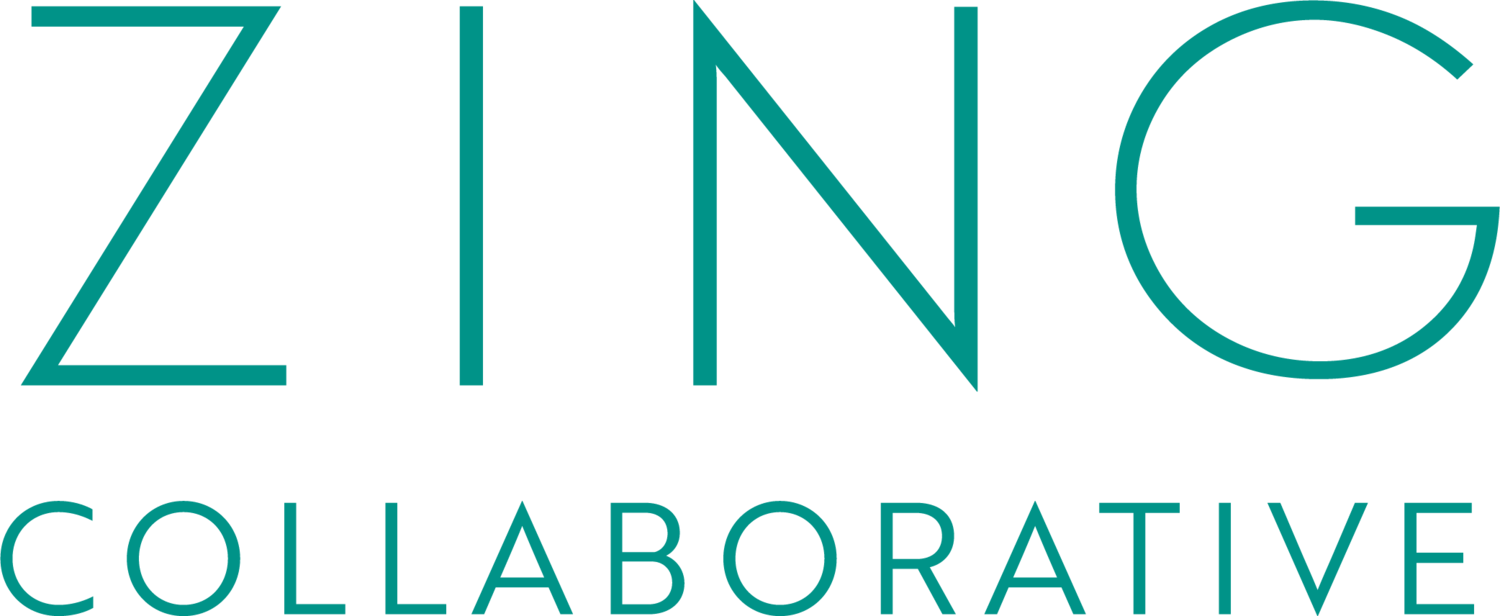Thoughts on Sharing Feedback
Last night, I hopped onto Amazon to leave a five star review of a book that we reference often in our household (Boundless by Ben Greenfield). The book sparks memories of the Encyclopedia Brittanica set that we had at home growing up: packed with information, searchable by a topic index in the back, and supplemented with images. Additionally, in the book, Ben suggests specific tests (do this one, not that one, in order to avoid false positives) and additional books, podcasts, and resources for those who want to dig deeper. It is a treasure chest of information, and for $64 (often marked down by major retailers to $35) it is a steal. Ben does some weird (and arguably extreme) things in service of his health—but he acknowledges that these things are extreme, and he doesn't tell anyone else to do them too; he simply shares what he learns.
As I clicked down to the review section, I was shocked to discover the first review: 1 star. Not only was this a one star review, but it was organized with headers to outline all of the things that the reviewer didn't like. It was 2,758 words.
2,758 is three times as long as many blog posts.
It is the length of some small e-books.
I find myself wondering: what else could this reviewer have done in the amount of time it took to write a 2,758 word one-star review, organized with headers? Most likely:
Written three full blog posts
Written and mailed several cards to friends, clients, or relatives
Made a meal and delivered it to someone in need
Walked down the street and put the book into a little free library for someone else to enjoy
Written a kind and constructive email to Ben/Ben's team if there were legitimate concerns to share
We can think about this example in our own lives to consider: are we putting tremendous amounts of energy into something that ultimately isn't helping us, or the world? It could be in the form of complaining, ruminating, or perhaps dwelling at the annoying thing that keeps happening at work (or the person who is doing the annoying thing).
And, are there any instances where we sharing feedback that is based on opinions, projections, and interpretations ("this book is about Ben's ego!") rather than facts ("please note that there is a factual error on page 287").
What if, instead, we redirected that energy into doing something constructive and positive —either about the situation at hand, or for another area that we care about? We might consider:
What could it look like to seek out bright spots?
For the things I am frustrated or concerned about, what is one small, constructive action that I can take?
Is the thing really the problem (the book, the meeting, the content we see on social media), or is there something that I need to reconcile within myself so that I can be with the thing and feel a sense of peace?
If I am going to give feedback, how can I do so in a fact-based way that is free from interpretations, opinions, and projections?
What do you think? Does this spark anything for you?
Side notes on my personal rules related to this topic:
If I'm going to share less-than-favorable feedback, I take the time to either call or email person/organization directly rather than hopping online to leave a bad review. Over the years, this has led to some fantastic conversations and once, many years ago, a consulting project when the recipient said “You're right - this is a problem; can you help us fix it?”
I will never leave a one star review for a book, because writing a book is hard. Any book that makes it into the world and is written by the author deserves at least two stars for effort.
As a final side note: if you are looking to support authors in a way that doesn't cost any money, leaving a 5 star review is an excellent way to do so. (If you are enjoying Expansive Impact and feel called to leave a review, I would be beyond grateful.)
